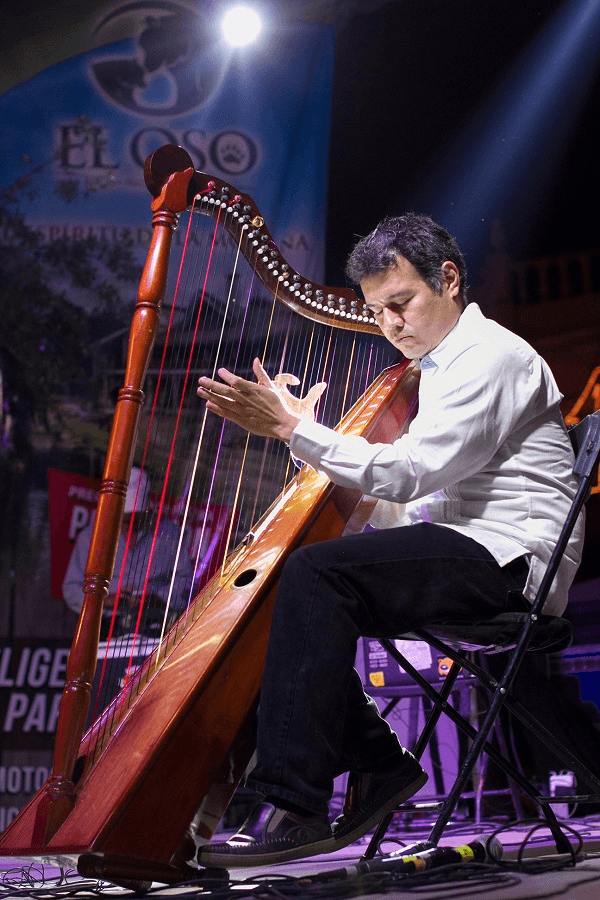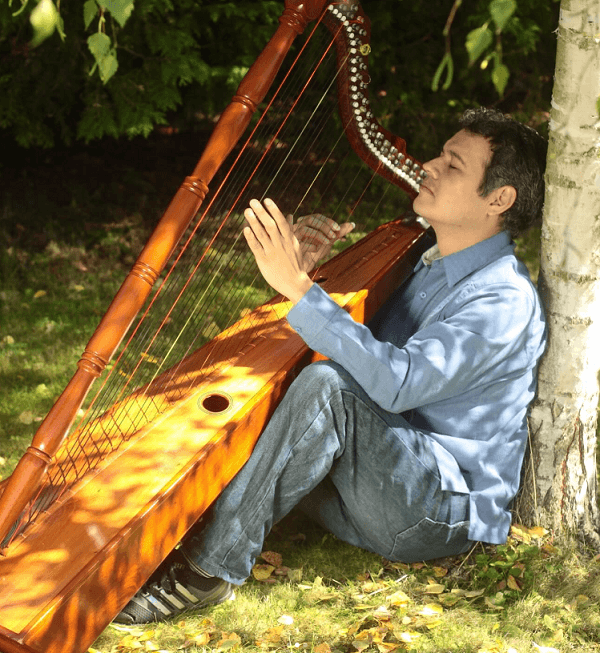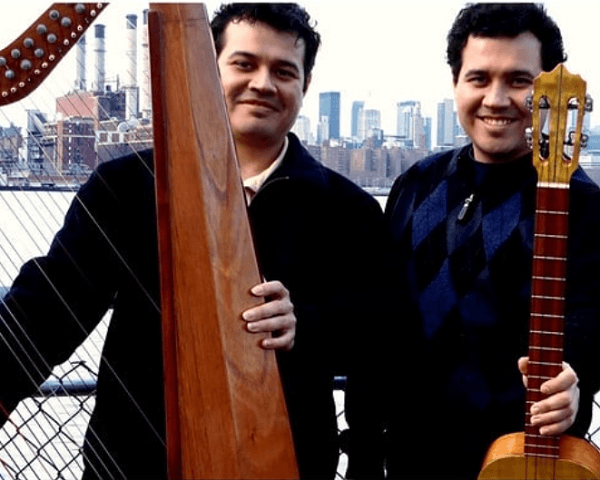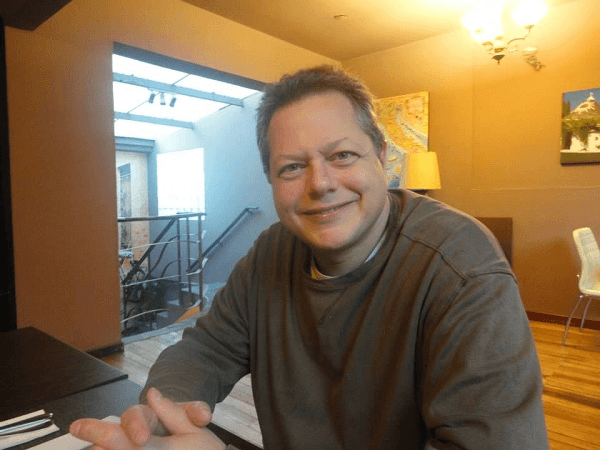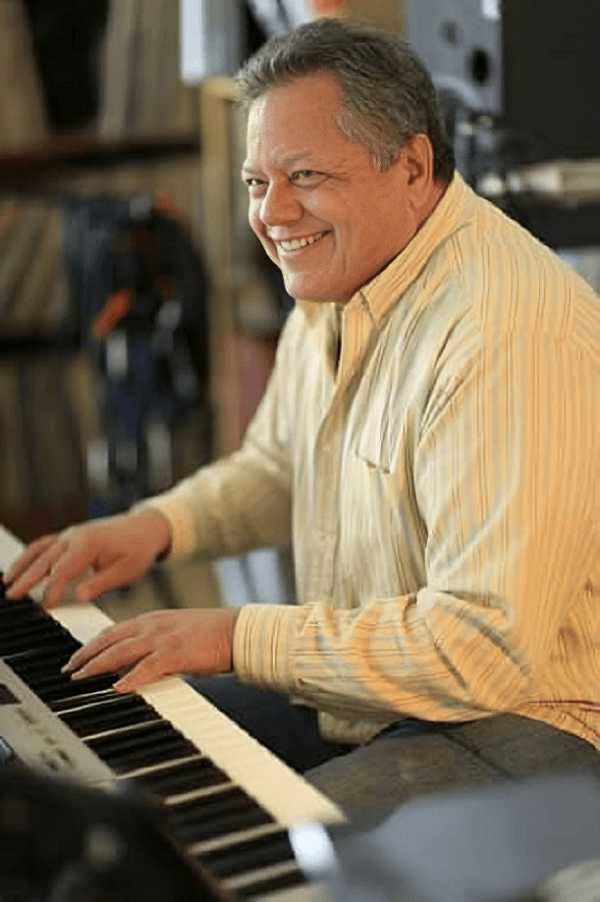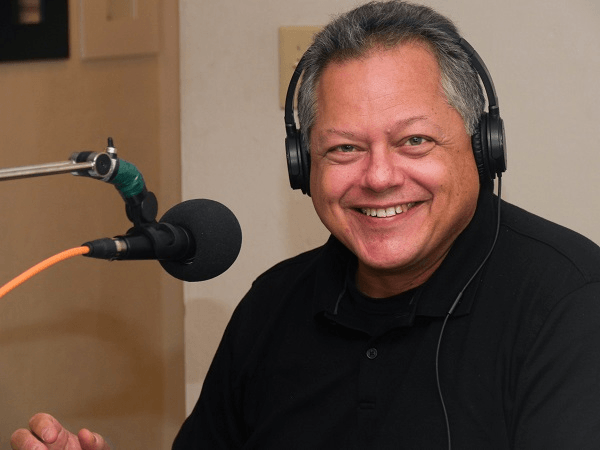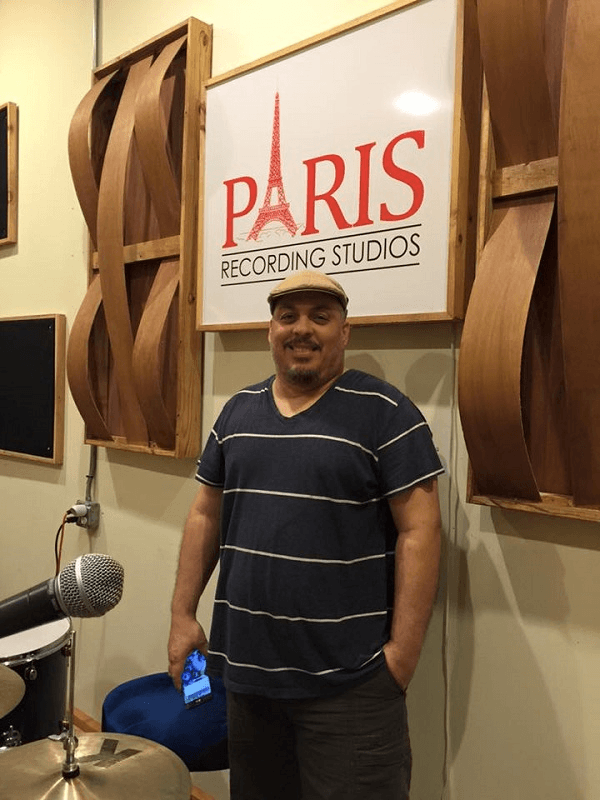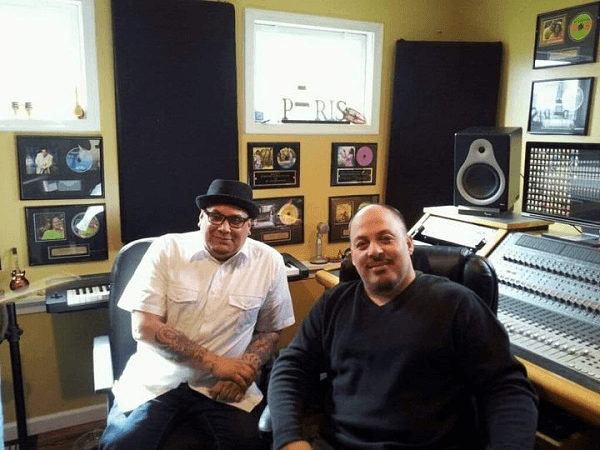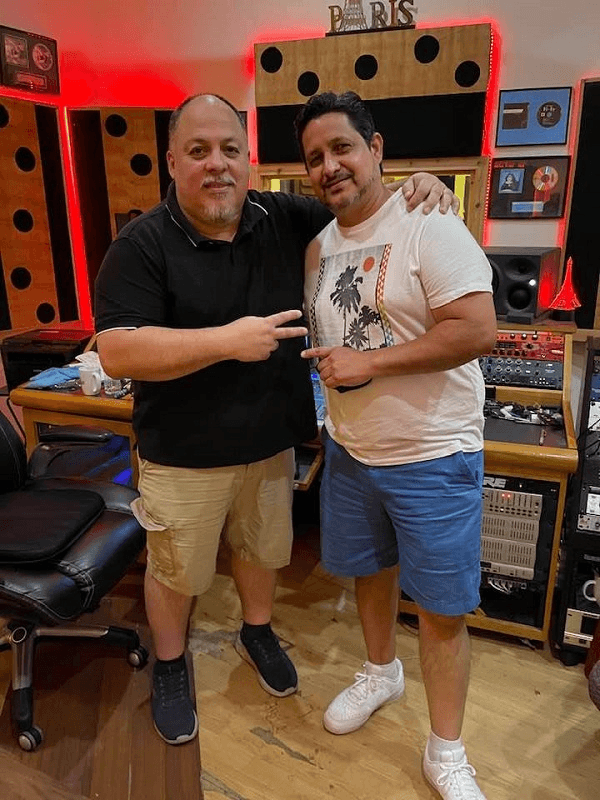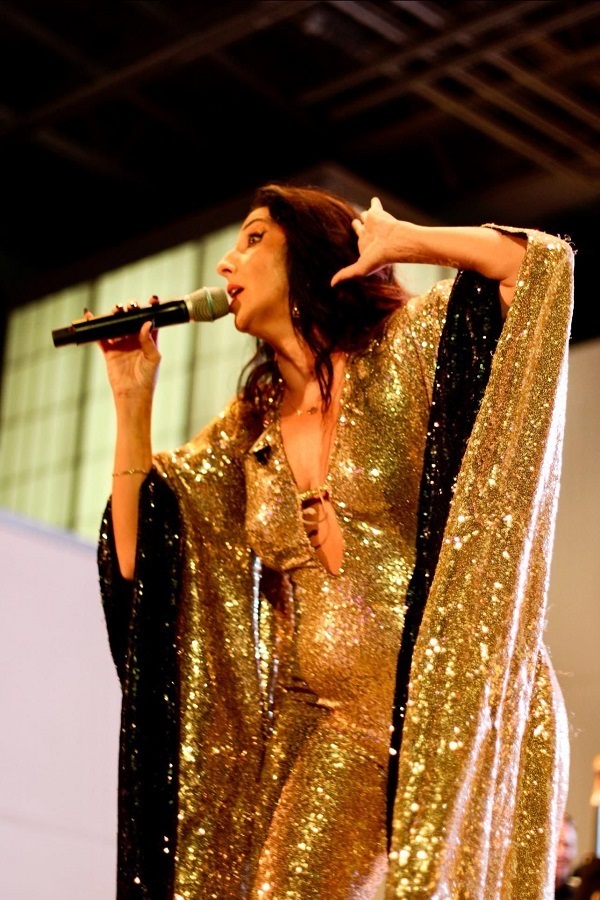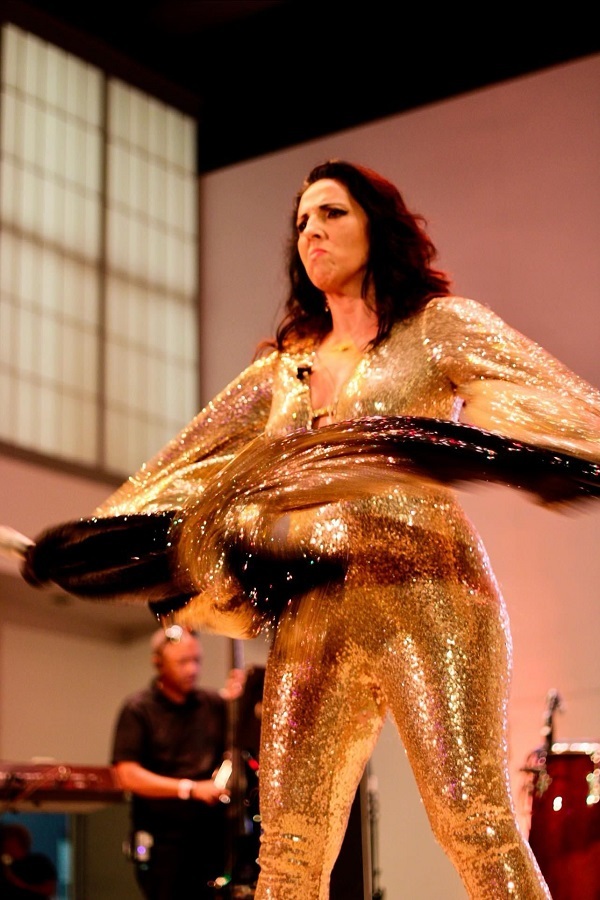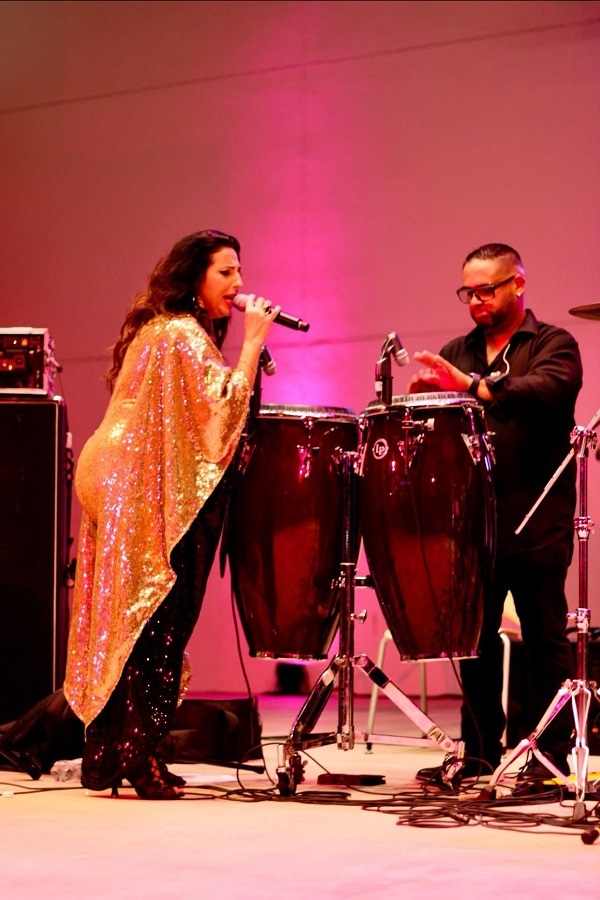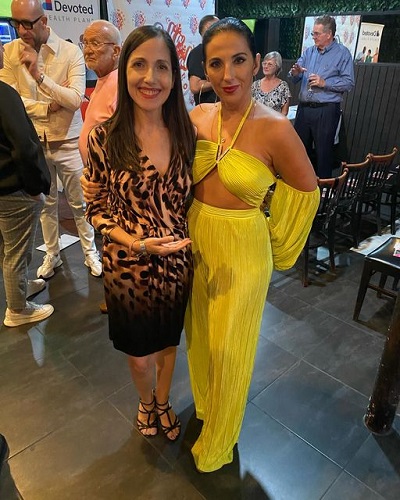East Coast – New York – New York
Ritmo Caribe Promotions 24/7 Radio. The New Digital Station in New York
Ritmo Caribe Promotions 24/7 Radio was launched last November in New York City and it’s an affiliation of Ritmo Caribe Promotions, a company dedicated to promoting artists of the tropical genre and Latin music in general.
In this digital station, you can listen to the themes of legendary singers and the Salsa´s New Blood 24 hours of each day, 100% guaranteed!
The musical genres that you can enjoy on http://www.ritmocaribepromotionsradio.com range from Salsa music through Afro-Cuban rhythms to Latin and Brazilian Jazz, among many others.

Ritmo Caribe Promotions 24/7 Radio also includes live radio broadcasts from some of the best stations in the area, as well as the radio program “El Toque Latino” (The Latin Toca), hosted by Jimmy Castro.
Likewise and as additional information, we tell you that if you are an artist of the Tropical or Latin recording and you would like to rotate your music in this digital station, you can send it in mp3 format, including: cover image and details of the track or album to the following email: [email protected] or you can contact them through the telephone number: 845-564-5703.
Really, in Ritmo Caribe Promotions 24/7 you will have an Incredible Sensory Sensation!
For more information, please visit:
http://ritmocaribe.wix.com/ritmocaribe
Or Follow them in all their Social Channels:
- Facebook: https://www.facebook.com/RitmoCaribePromotions
- Instagram: https://www.instagram.com/ritmocaribe
- Twitter: https://twitter.com/ritmocaribe42
